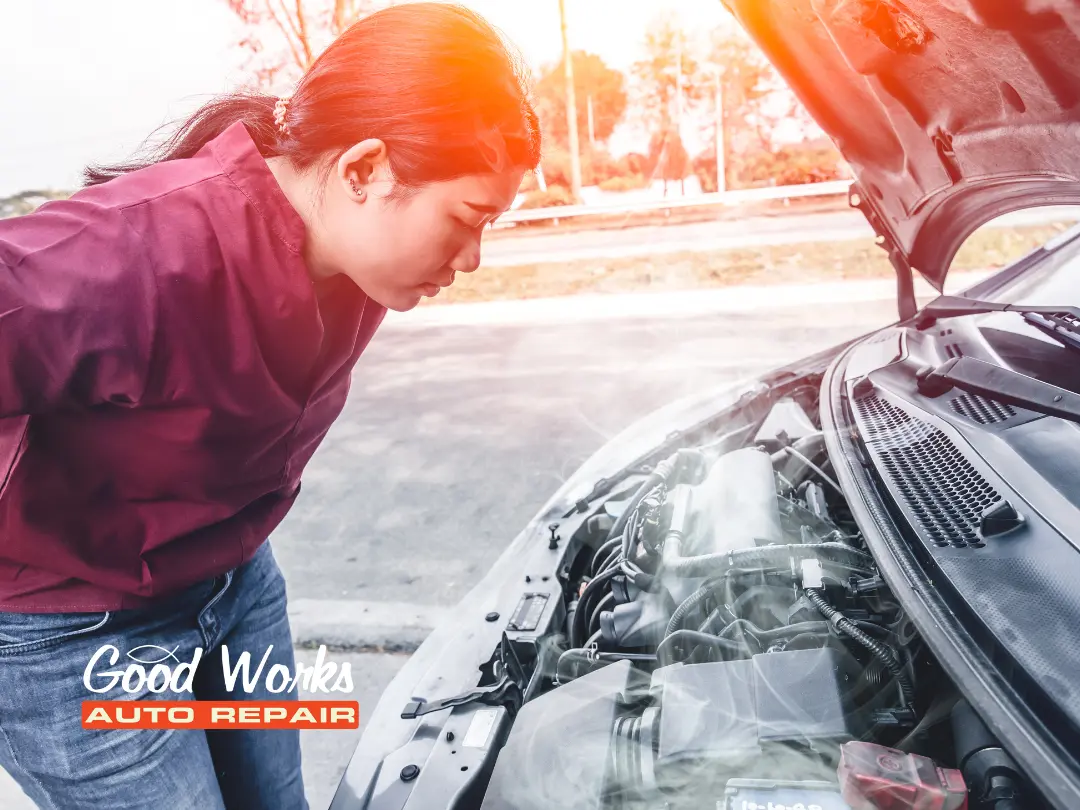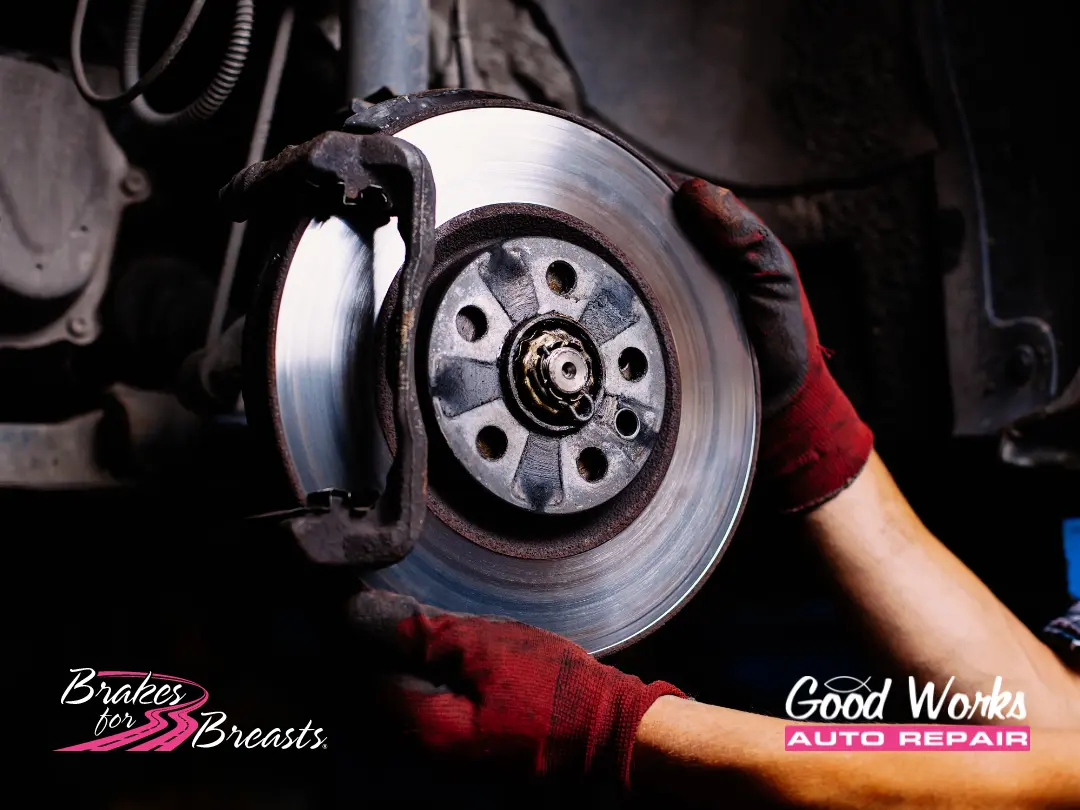When you own a vehicle, you know that it comes with the responsibility of making sure it is maintained regularly. But you also know the stress and inconvenience that it can cause should it break down. When your engine overheats or you experience an issue with your cooling system, it can cause stress when you have more important things to do and places to be. Knowing what causes an engine problem, and remembering a few quick and easy tips should your engine overheat while you’re driving, can help reduce permanent engine damage and prevent high auto repair costs you were not expecting. Read on!
What Makes Engines Overheat?
An overheating engine is usually the sign of a pretty serious issue. Preventative maintenance can help identify minor issues early on, but sometimes, things happen! Most people have heard of engine coolant and cooling systems and our automotive technicians will check these during routine maintenance. There are a variety of reasons that a vehicle can overheat, such as cooling system leaks, too little or no coolant at all, blocked hoses from corrosion and mineral deposits, radiator issues or broken water pumps, oil too low, broken thermostat, plugged heater core and more. Your cooling system keeps a standard operating temperature for the engine by circulating coolant, or antifreeze, through the engine to the radiator, pulling heat away from the engine.
When Engines Overheat, Follow These Tips to Stay Safe and Prevent Further Damage to Your Vehicle
- Pull over and assess the situation. It is so important to pull off the road to a safe and clear area and turn off the vehicle. If the vehicle is overheating, continuing to drive with a potentially damaged engine may cause permanent damage. This could make a serious problem even worse!
- Keep moving ONLY when necessary. If you cannot stop at that time, keeping your car moving slowly may still allow a constant airflow around the motor to help with natural cooling. Leaving your car at rest or idling could actually worsen the problem and create more heat.
- Turn on the heat. Yes, really. When the vehicle is still in motion, turning off the air conditioning and increasing the heat to high may help to pull additional heat away from the engine.
- Open the windows. Your goal is to release as much heat as possible. Rolling down and opening as many windows as possible is another way to allow heat to flow out of the vehicle.
- Call for help. You can call for roadside assistance or give our auto repair shop a call.
- Do not try to open the hood until the vehicle has cooled down sufficiently. To see if it has cooled down, monitor the temperature gauge in your vehicle as it moves from HOT to COOL, which may take upwards of 30 minutes. Remember not to start the engine – in this situation, only activate the ignition to the “on” position to read the temperature gauge.
How to Prevent Your Engine From Overheating
- Check your coolant levels regularly.
- Store a bottle of new antifreeze and a gallon of water in your trunk.
- Monitor your vehicle’s thermostat as you’re driving.
- Do not overuse the A/C on super hot days.
- Cool the engine at the first sign of overheating by running the heat (see above for this one).
- Check your owner’s manual for a service interval schedule and determine the appropriate times to schedule cooling system service.
As your trusted repair shop in the Tempe area, our main goal is to keep you and your family safe and to prevent any major issues with your vehicle. We are always here for you! Schedule an appointment with us today and let’s work together to keep your vehicle running smoothly.





